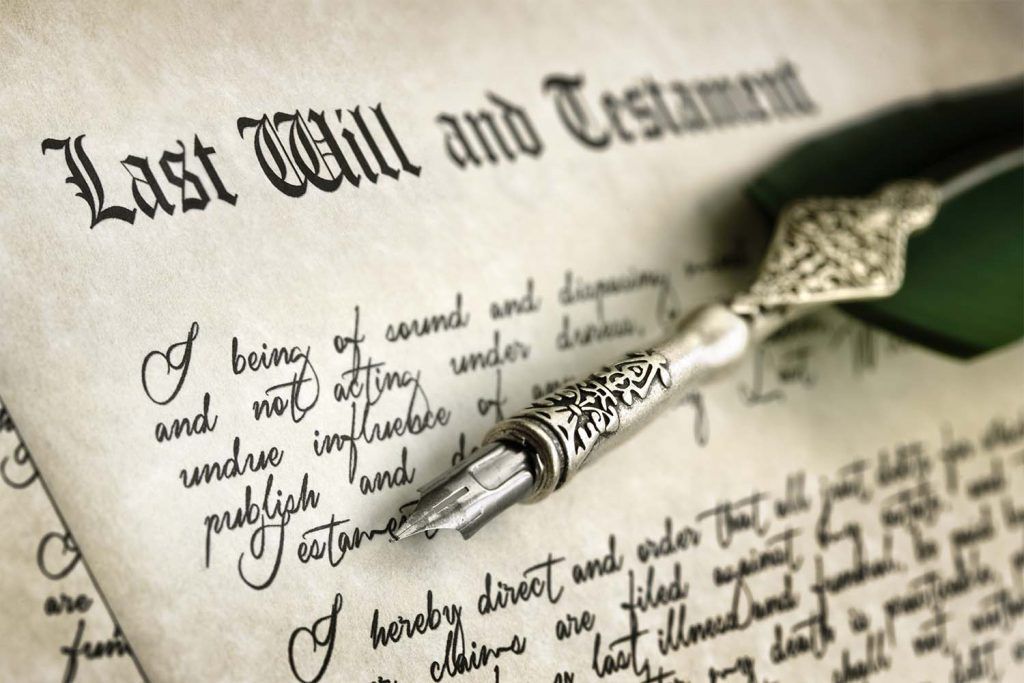You Can Write a Will at Almost Any Point in Your Life
Margaret Zylka House, Attorney at Law is blogging this month about a quick guide to writing a will. A will is something anyone can write, at almost any point during their lifetime. Most people begin to write their will when they marry or reach retirement age. Legally speaking in most states, a person can write a valid will when they turn 18. This blog will give you a great amount of insight and information on what to include in your will.
Understand What a Will Accomplishes
A will is just the beginning to a strong estate plan. It is a legal document that ensures your assets are distributed in accordance with your wishes when you die. Whether you’re nearing retirement or just starting a family, it’s a good idea to put your wishes down in writing. A will can serve as a way to distribute your estate, and offer financial support to your remaining family. It also allows you to appoint a person to the role of executor. Creating your own will and estate plan gives you control. If you don’t have one, the state will decide how to handle your estate.
Who Needs A Will?
Most people begin to prepare a will when they reach the age of retirement. Those who want to get a jump on planning for the future can make their will when they get married. Writing a will early has its advantages and disadvantages. Waiting until your later years to write a will comes with some positives and negatives too. Writing your will early in order to make sure your family is set after you’re gone is a great thing. However, as your family grows, and you take on assets, your will can change a lot. If you wait to write a will into your later years, some issues can come up.
Collecting all of the correct paperwork and documentation of your assets can be more difficult. Don’t wait to write your will. The idea of giving away personal property when someone dies has been around for centuries. Click on over to learn some fun facts about wills and estate planning.
There are Things You Shouldn’t Put in Your Will
You should not give away any jointly owned property through a will. Jointly owned property typically passes directly to the co-owner when you die. Try to avoid conditional gifts in case the person cannot fulfill the terms. Personal desires, funeral arrangements, and sentiments to loved ones are more appropriate to be in a letter of intent.
Get Help From Our Attorney When You Are Ready to Write Your Will
A will can help your family avoid conflict when you die, and it is not something you should draft yourself. To draft a will or trust, rely on Margaret Zylka House, Attorney at Law. Our attorney will work closely with you to make sure your final wishes are in the document. We can help with any complicated matters involving your will.
For more information on writing and drafting a will, give Margaret Zylka House, Attorney at Law a call at (724) 628-4955. Like us on Facebook to stay up-to-date with the latest news and information. We are happy to discuss more about a quick guide to writing a will.

